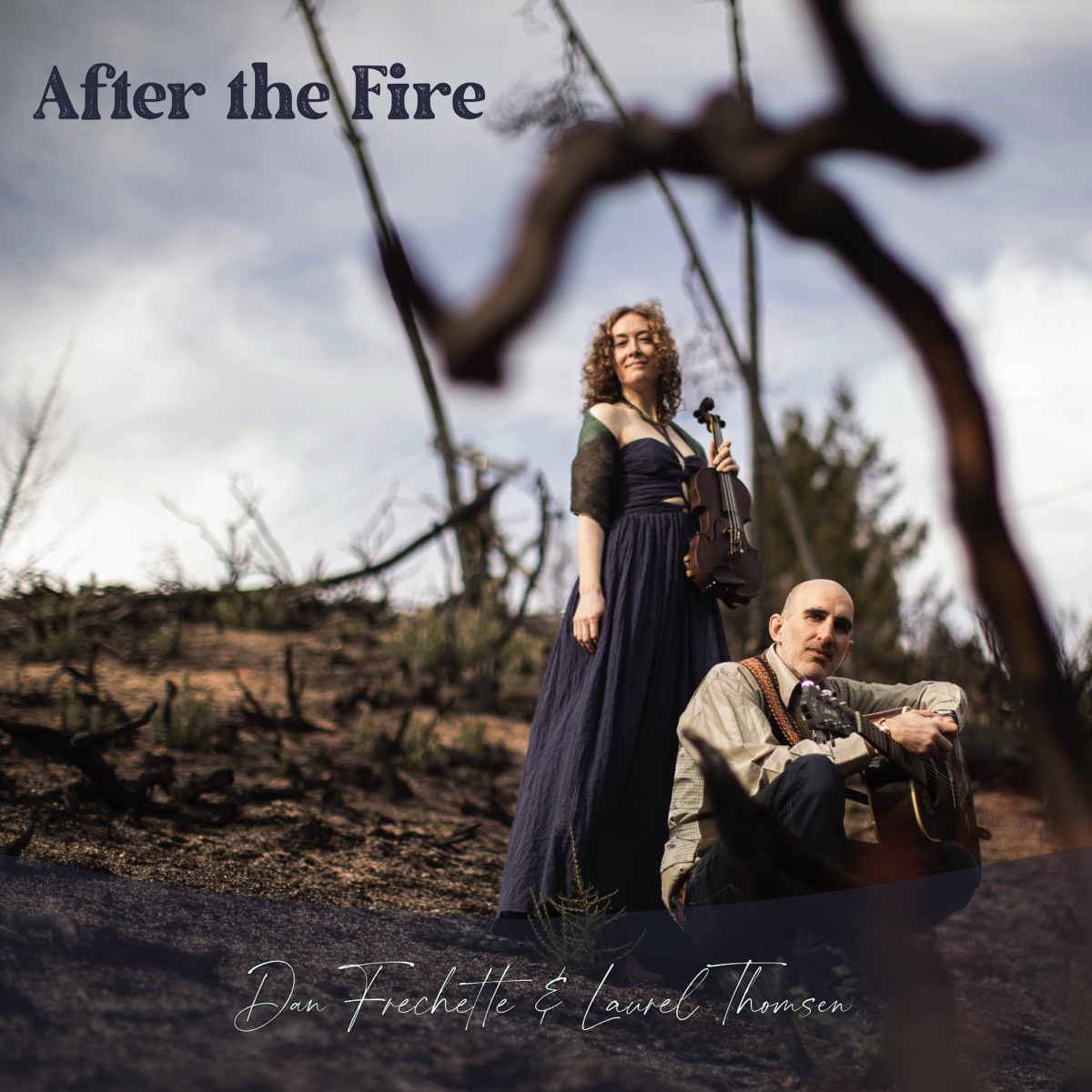I've noticed many music teachers starting to market themselves with the word "coach" instead of "teacher." The change seems to have become particularly prevalent since the Covid-19 pandemic forced the world's music teachers online, and I've wondered if perhaps it's because many teachers, in scrambling to maintain their studios, couldn't find a way to effectively teach technique online? Although the differences between teacher and coach may be blurry, here's my take on what the use of either word implies and when we might seek out one versus the other.
Side note: As someone who pioneered the online teaching movement when back in 2009 I began offering violin and viola lessons to students around the world via Skype, I haven't found a limit to what's possible to teach online. One's teaching approach and the quality of the teacher-student rapport is what's really important, not the medium. I personally find no difference between what and how I teach online versus in-person, or the success of my students.
Using the word teacher, to me, suggests a methodology and a mutual investment in an ongoing relationship, fostering step-by-step development of technique, repertoire, and musicianship. We imagine lessons occurring on a regular basis, a list of exercises, scales, études, and/or repertoire to prepare each week, and a plan, set entirely or mostly by the teacher, to meet both short term and long term goals.
When I see the word coach being used, it seems to infer support and mentoring, but is often used to market help around a specific theme, like performance or career topics, or performance anxiety. Coaching could either be in a group setting or one-on-one, and either a one-off or ongoing relationship, but the schedule seems to happen more "as needed" versus the regular weekly lessons we expect with a teacher. Coaching generally also seems to be geared toward more experienced players and professionals, pre-professional teens and adults, or those who are self-motivated and/or have made the leap to becoming their own teacher.
One colleague who uses the word coach once explained that she likes it better than using the word teacher because she feels that "coach" lessens the pressure of needing to be everything for her students. She enjoys imparting her wisdom, but having a plan for everything her students are encountering in their playing and seeing them down a methodical path with a commitment to months or years of lessons just isn't her interest.
Students who have come my way after working with a coach have often noted how lessons with them tended to be more inspirational than concrete. This could be perfect for those looking to polish up a piece they already know, learn to bow or ornament a fiddle tune in more stylistically accurate ways, or work on their stage presence. It assumes coaching clients already have the basic skills to play their instruments. Many clients may even be professionals looking to get the opinion of an outside party.
More traditionally I've seen "coach" used when referring to someone helping a string quartet or chamber music group, or giving workshops and selling books and courses on career topics like how to set up a teaching studio, book a tour, write a more impactful bio, or create a more balanced and marketable concert program. Again, in these examples, the coach comes in to offer insight, advice, or mentoring to clients who are already established on their trajectory.
A coach is probably not the ideal choice for someone looking to learn how to hold their bow correctly, learn to shift, read music, or do vibrato. Having those needs is usually what has compelled such students to reach out to me.
Although I personally use the word teacher, times when I've thought of myself as more a coach have included when I've been in group settings, such as teaching a workshop or coaching a string section, or when the goal of the student-teacher relationship is short-term and specific, like with a student who wants a series of lessons devoted to helping prepare for an audition, working through performance anxiety, or overcoming playing related pain or injury.
Frankly, coaching is often tough for me. Issues beyond the topic the client wants help with will nag at me, but going through the methodical intake and technique reset I would do with a student signing up for regular lessons, coaching is not really about fixing all the problems I might notice. The saying "you can lead a horse to water, but you can't make it drink" rings true for teaching, but especially suggests the boundaries we need to maintain when coaching. For one, coaching clients may also have teachers, and it's usually a teacher's job to root out such issues, not a coach. Unless coach and client mutually decide to drift into teacher-student territory, coaches risk offending and even alienating their clients if they start trying to fix things unrelated to the goal of the relationship.
While it feels important for coaches to keep such boundaries, teachers are free to also be coaches. A great example from my studio is how I mentor students in designing their home practice. We work together to devise techniques for how they can better sustain their motivation, maximize their time for effective and successful practice, and orient to the best times of day and practice location for focus and energy. However, then they have to take initiative and follow through. When I teach younger students, I need to also spend time coaching parents on how to help their children practice at home. In both of these examples, I don't assume I have all the answers, but through listening, reflecting, and working with my students over time we discover what works for the individual person.
In summary, I encourage students looking for methodical instruction for technique, repertoire, and interpretation to seek out teachers, and beginners should especially seek out teachers versus coaches, at least as their primary means of learning and support. Students who already have a teacher, who have taken on the role of being their own teacher, who are advanced or professionals, and who want help for a specific goal, such as career advancement, repertoire polishing, or performance preparation, might gain a lot from working with a coach who specializes in the student's area of interest.
However, students should beware of coaches who might be great at marketing themselves, but don't necessarily have a system, the experience, or the credentials and training to backup their purported expertise. It's not hard to read a couple of self-help or business books and then, since maybe you're a violinist, start charging clients a lot of money to regurgitate that material, tailored for a violinist audience. And that may be fine. We all draw from our teachers and various sources we've studied, but since the coach-client relationship is usually shorter term, some coaches may also take advantage of the fact that measurable results aren't necessarily expected during the time frame they're working with the client. Results may indeed come as the student takes the learning home and applies what the coach has shared, but students could just as easily enjoy the inspiration and nuggets of wisdom they receive from a coach in the moment without gaining long term benefit. This is not the case with teachers, where we expect to see steady improvements throughout the course of the relationship.
While I can't possibly know what every person offering lessons or coaching means when they use the words coach instead of teacher, I hope this has been a helpful overview and will create broader awareness. Language is powerful, and we should all strive to use words that accurately describe what we're doing. For more information about my teaching (and occasional coaching), please click the teaching tab in the navigation menu above.

